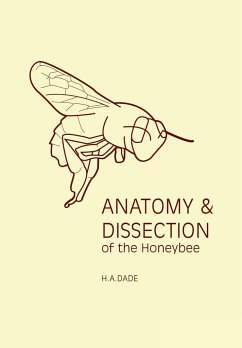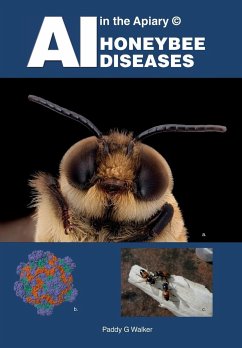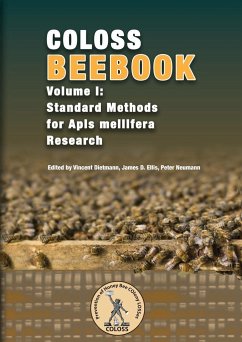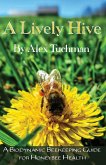The Anatomy and Dissection of the honey bee was first published in 1962 and yet this book is still the basis of teaching beekeepers the structure of the honey bee and how to dissect one to expose all the components of this amazing insect. Many of the drawings are original plates produced by Major Dade but of course the photographs are more recent and we must thank Dr Alan Potter of Brunel Microscopes for providing some of these in this edition. As Dr Crane stated in her foreword to the first edition the book has been adopted my many organisations as the seminal text for learning and preparation for practical and theory examinations on honey bee anatomy. The British Beekeepers Association (BBKA) and other National Beekeeping Associations recommend this book as key reading for their examinations and the National Diploma in Beekeeping (NDB) Examinations Board in UK use this extensively in their Short Courses and other educational events. Electron microscopes and modern optical microscopes have allowed high quality pictures of the anatomy of the honey bee to be illustrated but often Major Dade's drawings are simpler and easier to understand. In recent years there has been an upsurge in understanding the importance of all bees to the environment and the value of honeybees to the economy of the world. This, coupled with the devastating effects of 'new' pathogens such as Varroa destructor mean that beekeepers must be more aware of their colonies' health to ensure their survival and fitness to pollinate crops and other plants. This book should be a companion to all beekeepers and be available on their bookshelves for reference. International Bee Research Association also supply enlarged laminated copies of the illustrations in this book that will help as guides when dissecting bees. All the materials and microscopes described can be supplied by Brunel Microscopes in Chippenham, Wiltshire, England. Dr Ivor Davis 2017 Chairman NDB Board, Past President BBKA
Hinweis: Dieser Artikel kann nur an eine deutsche Lieferadresse ausgeliefert werden.
Hinweis: Dieser Artikel kann nur an eine deutsche Lieferadresse ausgeliefert werden.








